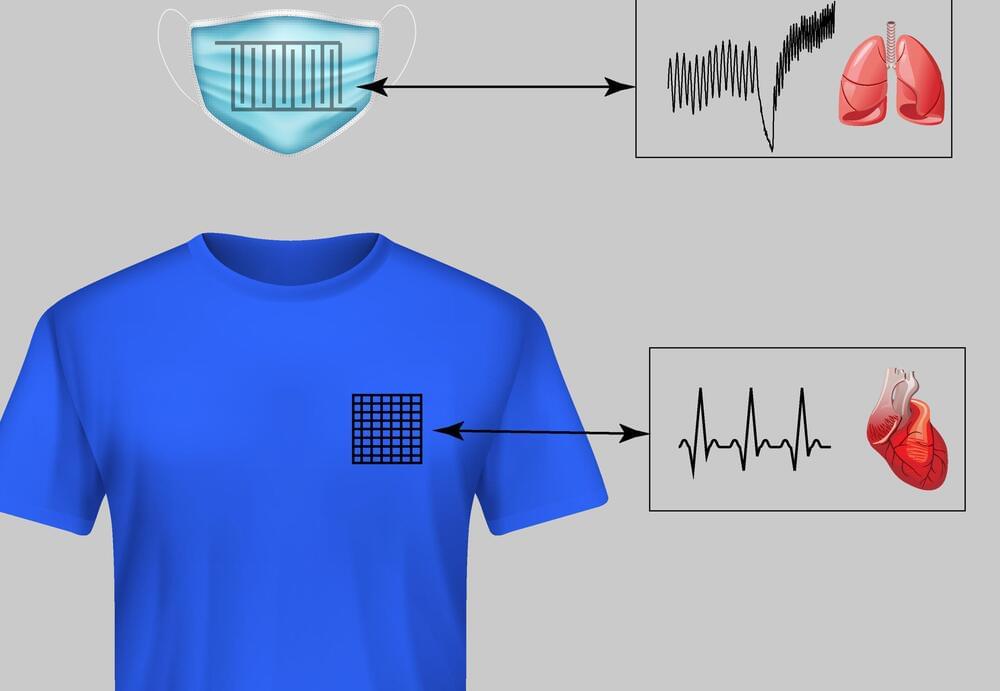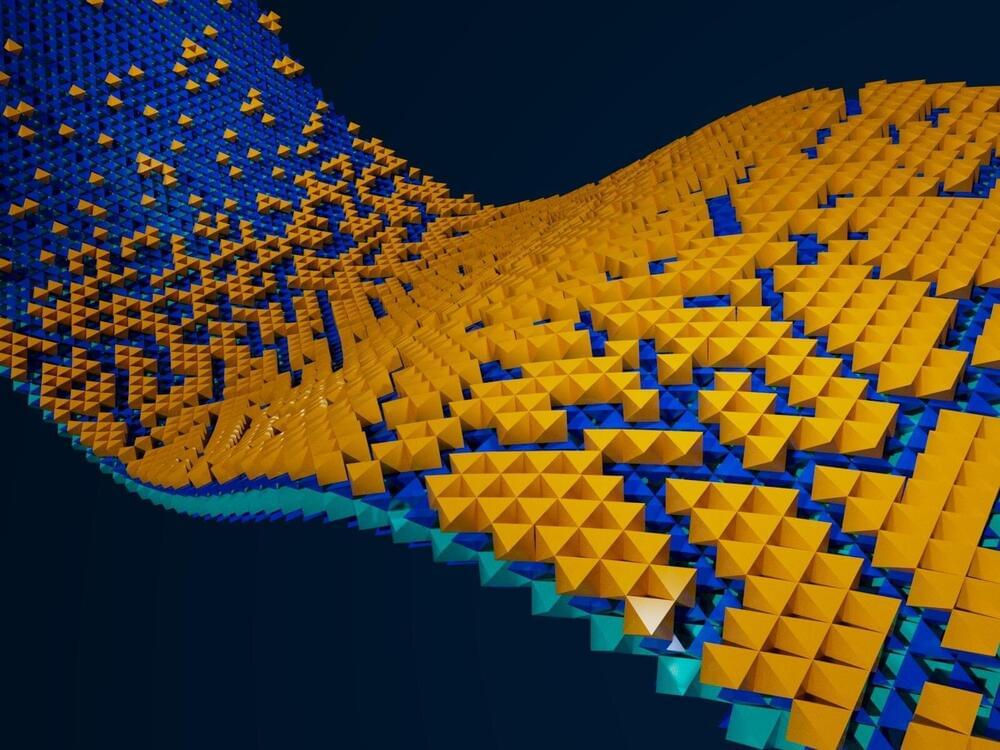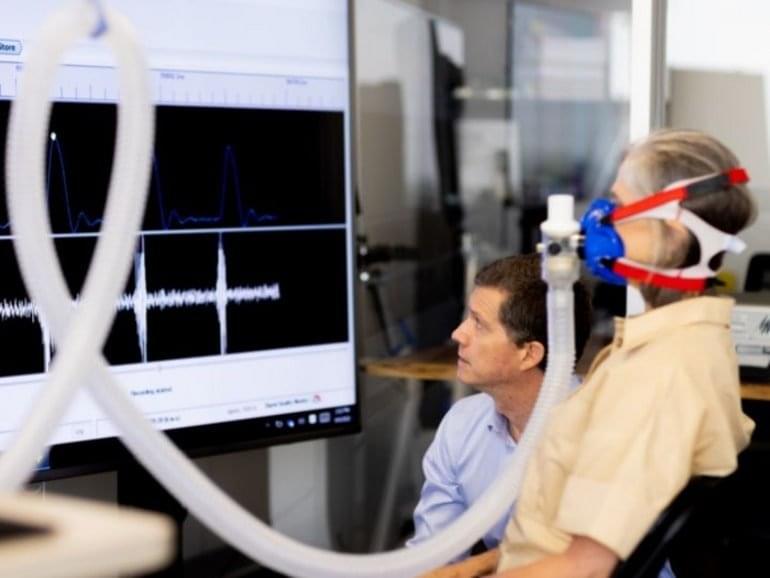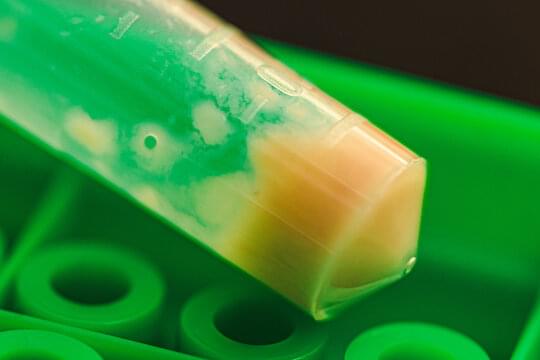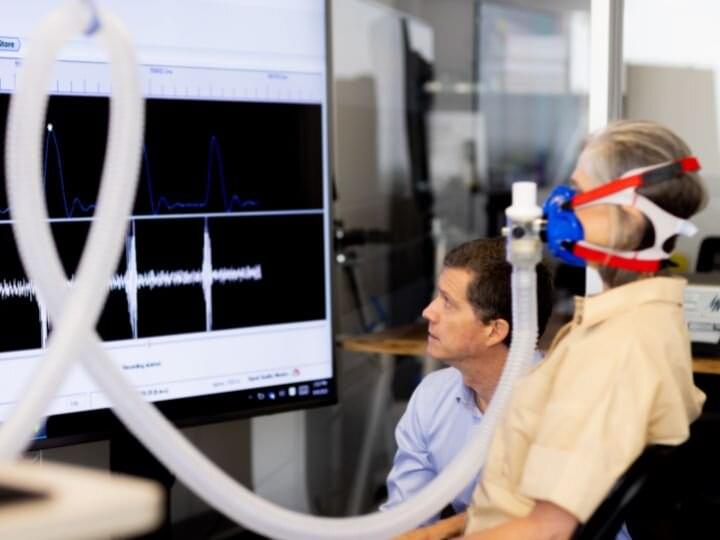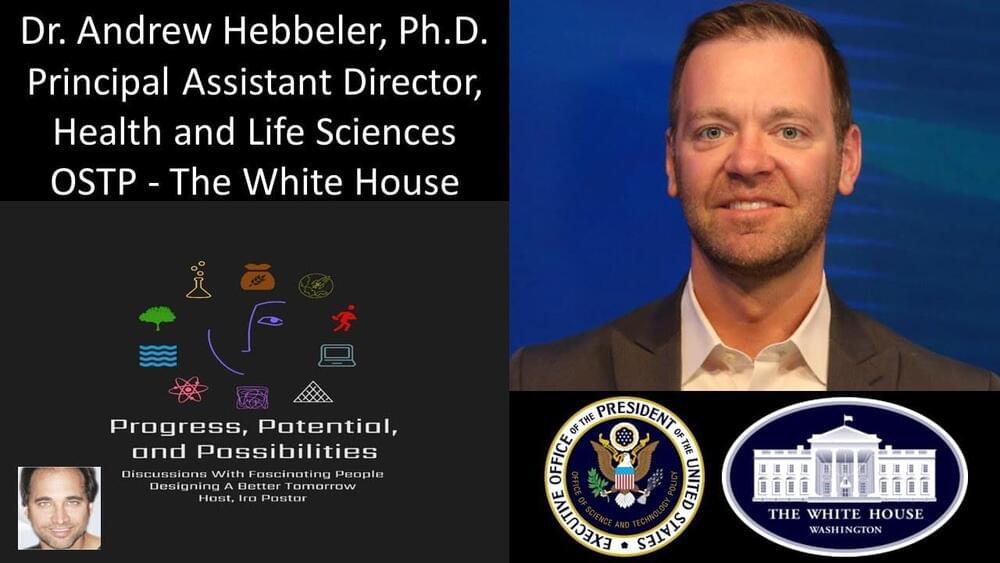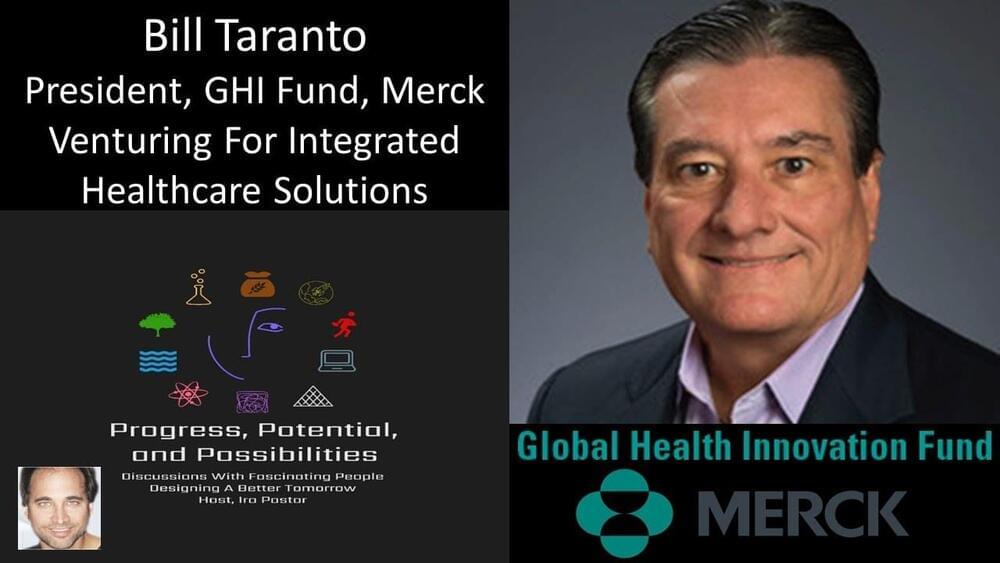Sep 23, 2022
Tokyo builds an eco-friendly high-end technology city on the bay
Posted by Gemechu Taye in categories: climatology, governance, government, health, sustainability
It is scheduled to be completed by 2050.
Tokyo’s Metropolitan Government plans to build a high-tech, sustainable city on reclaimed land in its bay area — Tokyo Bay eSG. Announced in April 2021, the Tokyo Metropolitan Government is clearing the decks for action to make the city carbon-neutral and better able to withstand future climate and health crises.
Continue reading “Tokyo builds an eco-friendly high-end technology city on the bay” »

